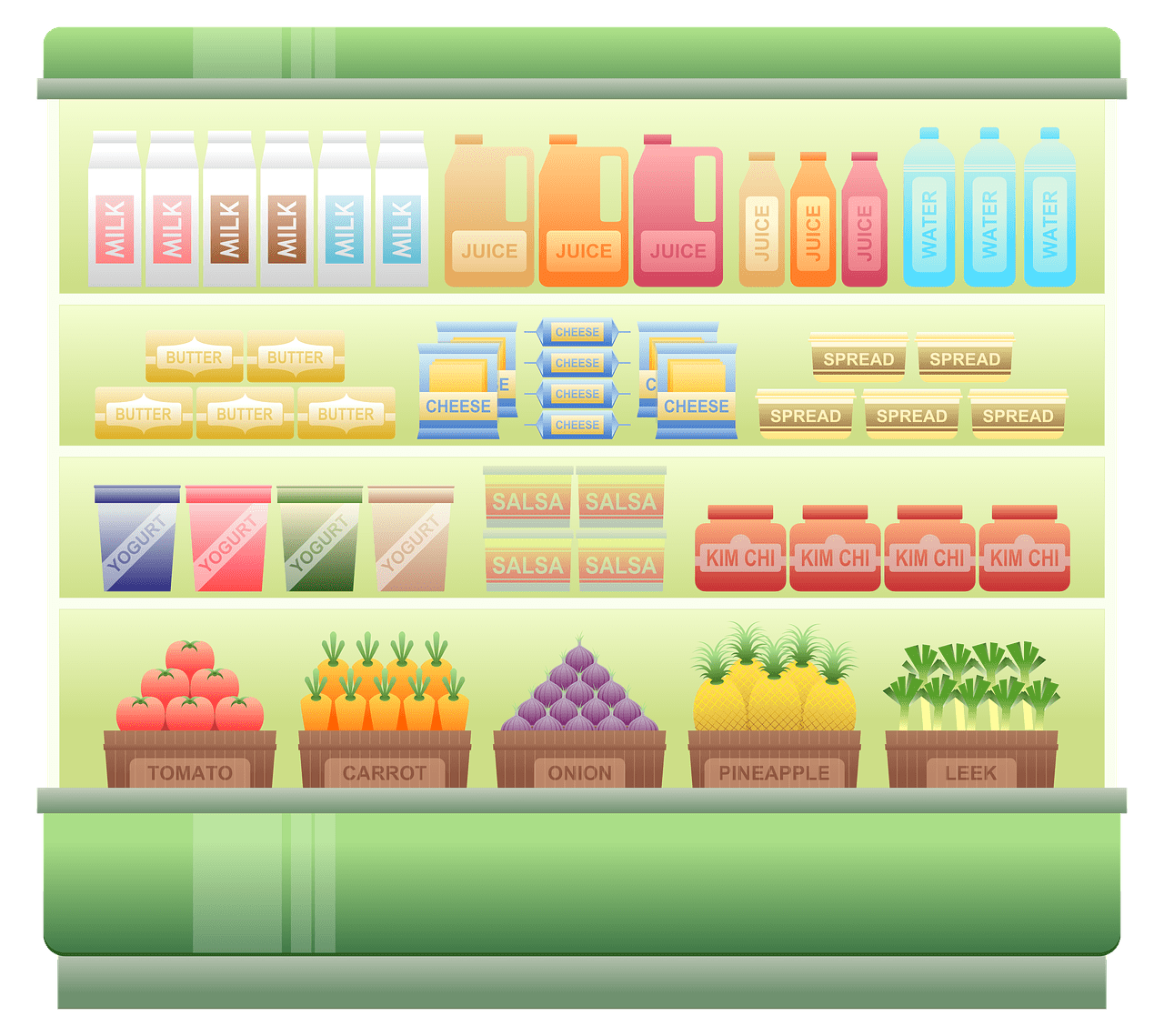29 April 2024 10:15
Today, the Council formally adopted updated rules on the composition, labelling and naming of honey, fruit juices, fruit jams and dehydrated milk.
The updated ‘breakfast directives’ aim to help consumers make more informed choices, ensure more transparency on the origin of products, and reduce food fraud.
Today’s adoption of the revised marketing standards for certain breakfast foodstuffs shows our commitment to strengthen European production and combat food fraud. Increased transparency will empower consumers to make more informed and healthier choices.
David Clarinval, Belgian Deputy Prime Minister and Minister for the Self-Employed, SMEs and Agriculture, Institutional Reforms and Democratic Renewal
Main improvements
Honey
In the case of honey blends, the new rules will make the labelling of the countries of origin clearer so as to increase transparency and combat honey fraud. The labelling will indicate the countries of origin in descending order, based on weight, including the percentage each country represents.
Member states may decide that, for honey placed on the market in their territory, it is allowed to only indicate the percentage of the four largest shares, if these countries represent more than 50% of the blend.
Fruit juices
Three fruit juice categories are introduced, namely ‘reduced-sugar fruit juice’, ‘reduced-sugar fruit juice from concentrate’ and ‘concentrated reduced-sugar fruit juice’ to respond to the growing demand for reduced-sugar products.
Thanks to the new standards, the statement ‘fruit juices contain only naturally occurring sugars’ can now be used on the label. This is meant to improve consumer information, as consumers are often not aware of the difference between fruit juices (which, by definition, cannot contain added sugars) and fruit nectars.
Jams
The minimum fruit content will be increased from 350 to 450 g per kilo in jams and from 450 to 500 g per kilo in extra jams. This will help reduce the amount of sugar in jams, enabling healthier diets and support the fruit market.
Milk
In the case of dehydrated milk, the use of treatments that produce lactose-free dehydrated milk products will be allowed.
Next steps
The law will be published in the Official Journal of the European Union and will enter into force 20 days following its publication. The new measures will be applicable throughout the European Union after two years.
Background
The Commission (Commissioner for Agriculture, Janusz Wojciechowski) proposed the revision of certain ‘breakfast directives’ in April 2023 with a view to updating the existing EU marketing standards and ensuring their consistent use throughout the EU.

